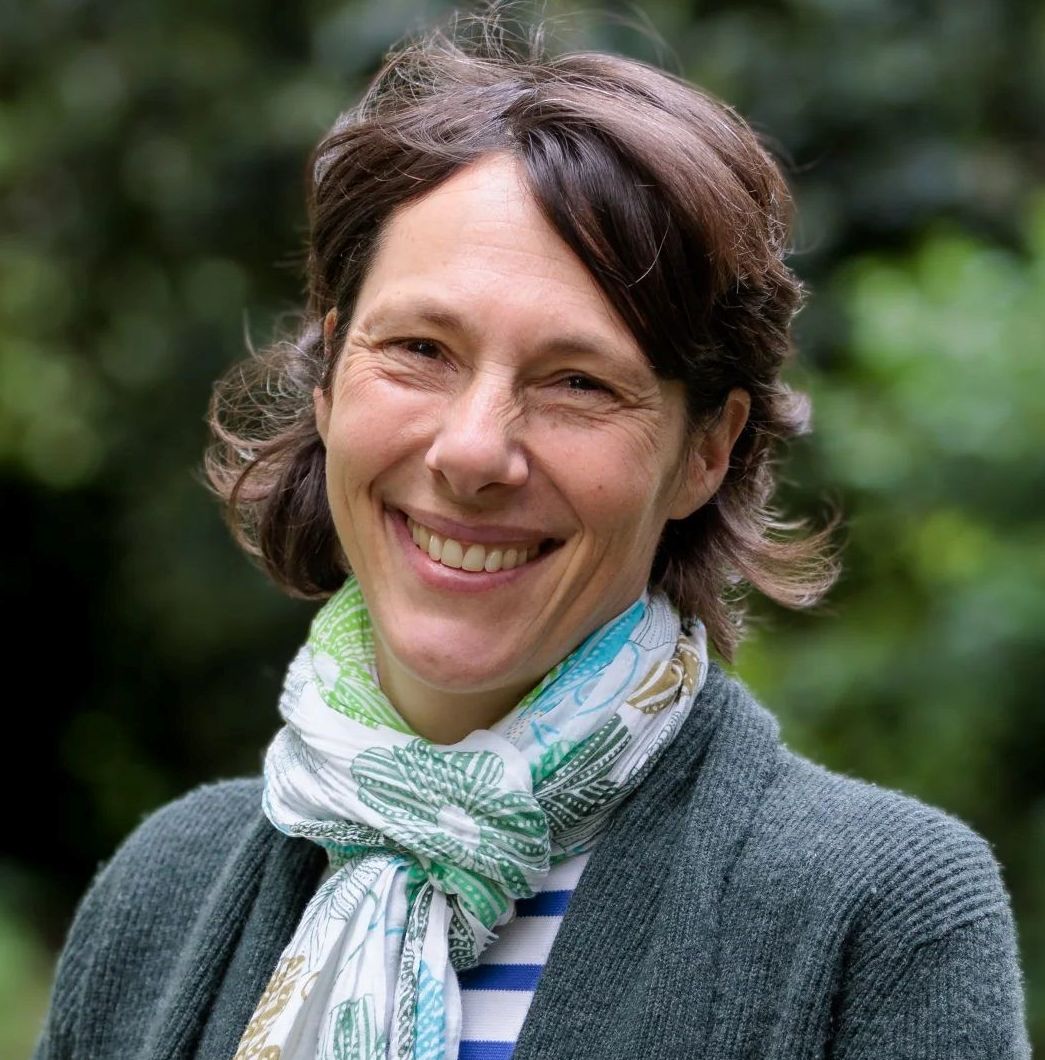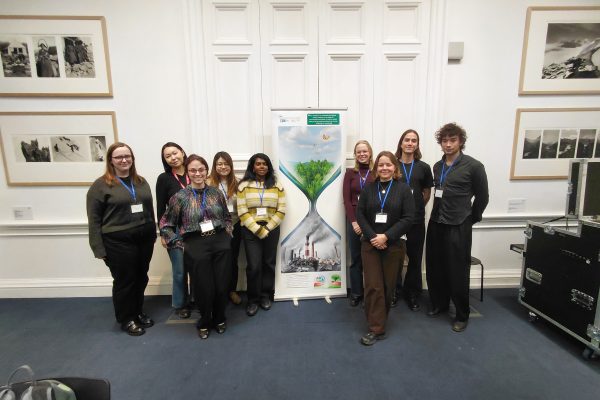When Dr Audrey de Nazelle was 19 years old, she was stopped by a French police officer who gave her a ticket for running a red light on her bicycle. She was outraged. She had spotted the police car on the opposite side of the street, having ridden through an empty pedestrian crossing just before the light turned to red.
Still a mathematics and physics student in university, Dr de Nazelle went to court to argue her case. “I didn’t want to pay the fine, it was really expensive – almost as expensive as the bike – which was a moral outrage. I felt it was wrong to discourage rather than encourage cycling,” she says. “I had three months to really think through my argument, and I developed this really good argument about why we needed to promote cycling rather than discourage it.”
Did it work? Dr de Nazelle shrugs and explains that the judge cut her fine in half, and she was never pursued to pay the remaining half. But that event affected her. After her court case, she began organising bicycle demonstrations where she and her fellow cyclists took over the roads of Paris.
She became involved with the Young Greens whilst still pursuing her studies. The protests she took part in eventually led to the creation of a bicycle committee that promoted cycling in the Mayor of Paris’s office, to which she was then invited.
“Eventually, I thought, I don’t want to become a professional politician and abandon my studies. I should be studying where my heart is,” Dr de Nazelle says. The young activist left for the US to do a PhD in environmental studies at the University of North Carolina at Chapel Hill, where she was able to specialise in public health and urban planning.
These early experiences contributed to a passion for creating environments with cyclists and pedestrians in mind which she explored at the University of North Carolina. This culminated in her thesis, which studied the transformation of cities towards being more walkable and bike-able, and the positive health impacts of a city without cars.
Dr de Nazelle is now a Senior Lecturer at the Centre of Environmental Policy (CEP) at Imperial, and also is the co-chair of the International Society for Environmental Epidemiology – a field that studies the effects of physical, biological and chemical environmental factors on human health.
Since joining Imperial in 2012, Dr de Nazelle has helped to build a substantial evidence base that supports cities transitioning away from car-orientated infrastructure.
A deceptively small change, she points out, can result in a cascade of potential benefits to public health: amongst them, reduced air pollution, increased physical activity, and the transformation of reclaimed urban space for parks and green spaces.
“By putting all these systems together, we’re not making decisions in siloed ways but rather thinking of how everything connects,” she says, “And you realise you’re actually getting a really big bang for your buck when pushing forward certain policies because they have holistic impacts.”
Dr de Nazelle’s field can be tricky to study due to the overlap of different variables that are difficult to quantitatively analyse and model. On the surface, these variables could seem completely disconnected, or, quite the opposite, may seem completely inseparable. For that reason, Dr de Nazelle struggles to summarise the research interest that has occupied her academic career.
“My research is super broad, it’s multidisciplinary and transdisciplinary,” she says, “But I’d say that my primary focus is cities and health: how do we make cities healthier?”
Written by Jacklin Kwan/photograph by Brendan Foster




